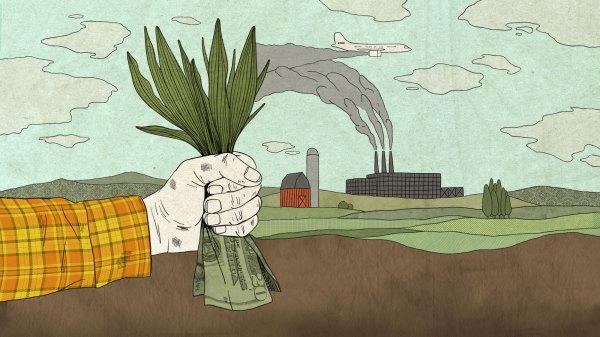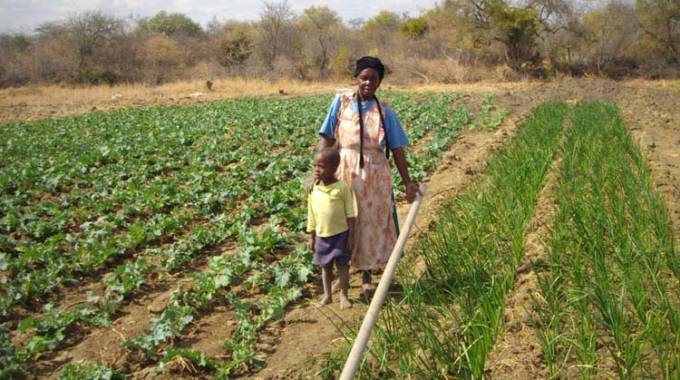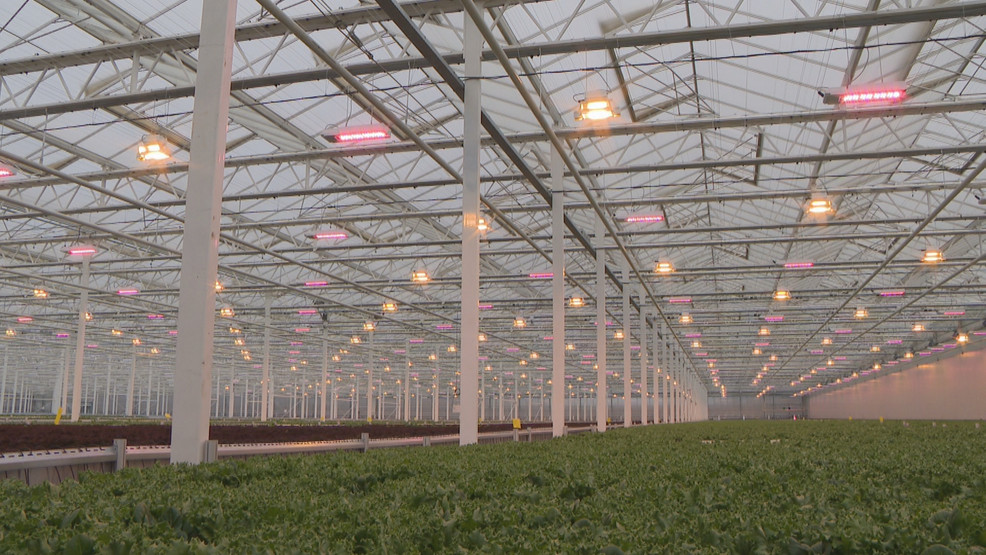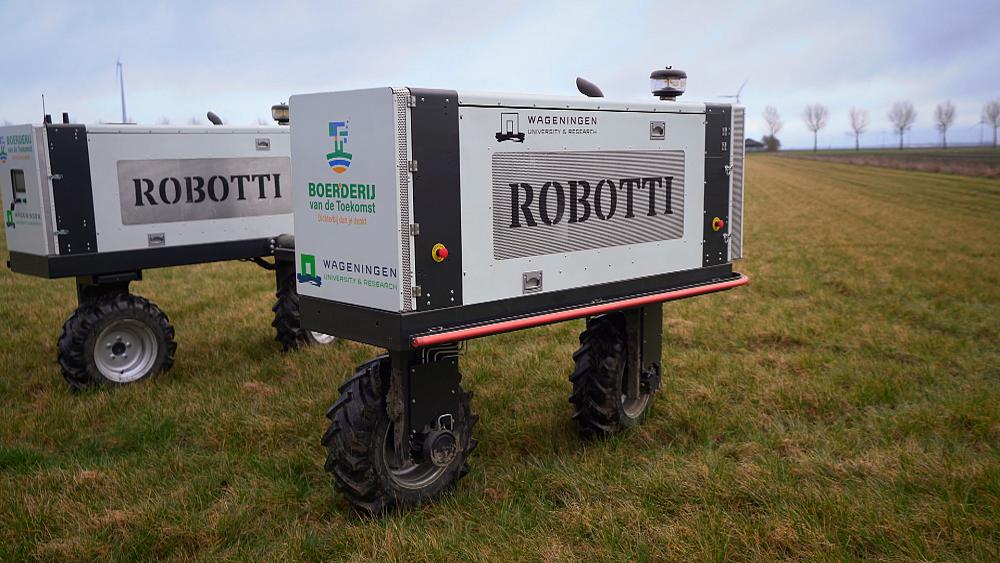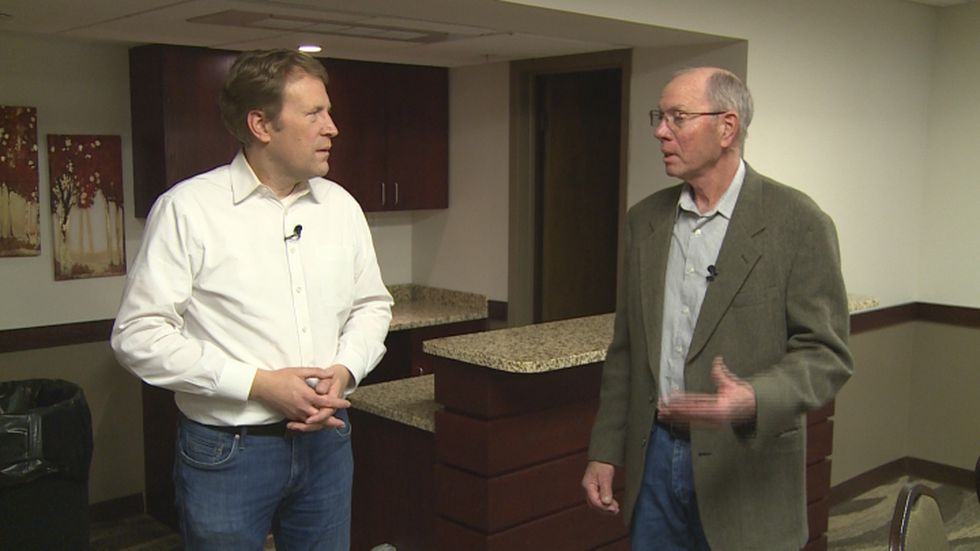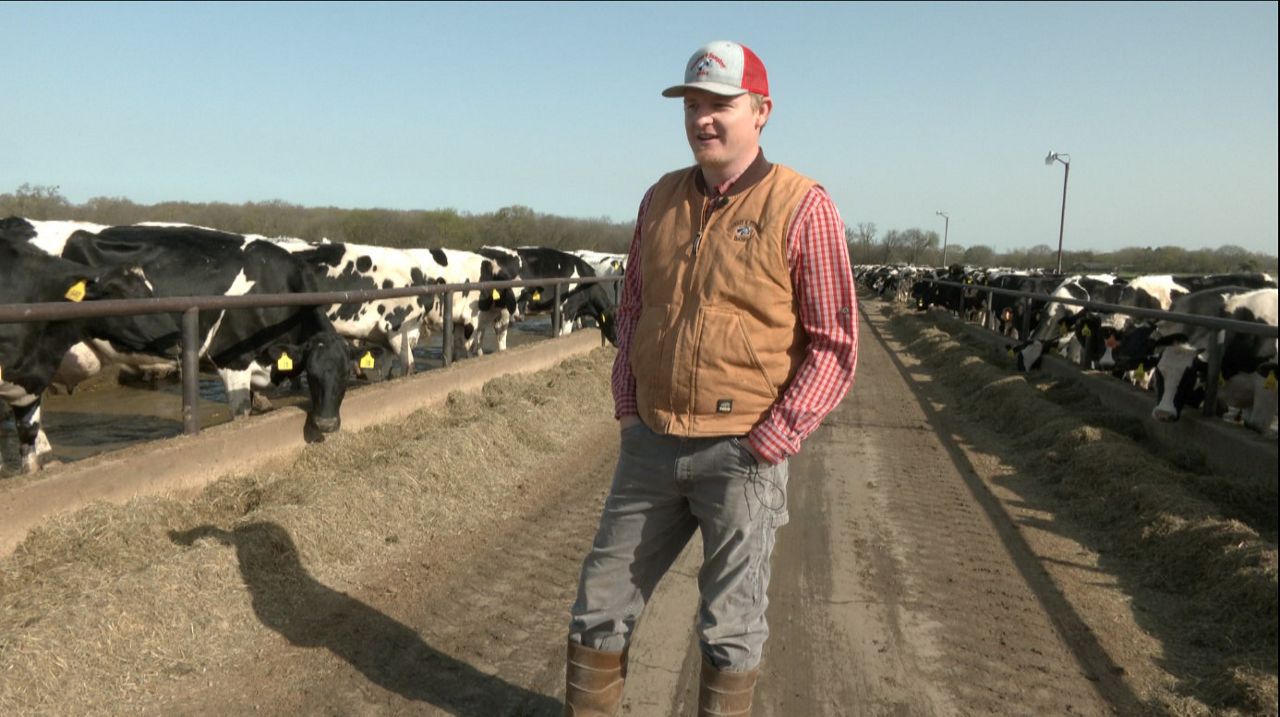 John LaRose Jr.
John LaRose Jr.
Topics: Markets/Pricing, Crop Consultant, Agriculture Global, Economics, Sustainability, World Hunger, Government / Policies, Climate Change,
Could paying farmers to store carbon help the climate and save farms?
The tech world is salivating over the idea. But some experts warn it's a field of dreams.
-
(0)
-
Bookmark
- Comments (0)
 John LaRose Jr.
John LaRose Jr.
Topics: Jobs, Economics, Sustainability, World Hunger, Government / Policies, Ag Africa, World Population,
Interest in agriculture underlines gains of Independence - Zimbabwe Situation
CHIMURENGA, in all its installations was a war for land. The history behind the liberation war and the fight for independence was rooted in the deprivation of a resource
-
(0)
-
Bookmark
- Comments (0)
 John LaRose Jr.
John LaRose Jr.
Topics: Agriculture US, Organic, Sustainability, Vertical Farming, Urban Farming,
-
(0)
-
Bookmark
- Comments (0)
 John LaRose Jr.
John LaRose Jr.
Topics: Economics, Food/Nutrition, Sustainability, Research, Ag Europe, World Population,
Making agriculture sustainable - researchers create the Farm of the Future
Wijnand Sukkel works for Farm of the Future in the Netherlands. This project is harnessing technology and innovative production to make farming sustainable. Sukkels knows what is needed to turn agriculture around. #FarmToFork
-
(0)
-
Bookmark
- Comments (0)
 John LaRose Jr.
John LaRose Jr.
Topics: Agriculture US, Organic, Vegetables, Food/Nutrition, Sustainability, Urban Farming, Regenerative Agriculture,
Fresh lettuce grown and sold year-round in South Bend
Believe it or not, South Bend is the perfect place to grow lettuce year-round. Pure Green Farms has just built a massive hydroponic greenhouse on Calvert Street in South Bend and the company is growing fresh lettuce inside. Several varieties of the leafy greens are already in the produce aisle of some local supermarkets.
-
(0)
-
Bookmark
- Comments (0)
 John LaRose Jr.
John LaRose Jr.
Topics: Precision AG , Crop Consultant, Agriculture Global, Economics, Food/Nutrition, Sustainability, Ag Europe, Ag Tech, Ag Innovation, World Population,
Technology, agriculture's friend for the sustainable farms of the future
Farm of the Future is a project in partnership with the EU Commission's 'Farm to Fork' strategy. It uses the latest technology and innovations to produce sustainable agriculture for a healthier planet. #FarmToFork
-
(0)
-
Bookmark
- Comments (3)
03/30/2021 SOURCE: www.1011now.com
At the recent Nebraska State Dairy Association annual meeting, we learned how producers are promoting sustainability in their operations.
Sustainability in agriculture
-
(0)
-
Bookmark
- Comments. (0)
 John LaRose Jr.
John LaRose Jr.
Topics: Sustainability, Research, Ag Europe, World Population, Ag Australia/NZ, Education,
'Animal-stress' signal improves plant drought resilience
A team of Australian and German researchers has discovered a novel pathway that plants can use to save water and improve their drought tolerance.
-
(0)
-
Bookmark
- Comments (0)
 John LaRose Jr.
John LaRose Jr.
Topics: Soil Health, Agriculture Global, Sustainability, Research, Climate Change, World Population, Regenerative Agriculture, Weather,
Scientists zero in on the role of volcanoes in the demise of dinosaurs
Earth has experienced five major mass extinction events over the past 500 million years. Massive volcanic eruptions have been identified as the major driver of the environmental changes that precipitated ...
-
(0)
-
Bookmark
- Comments (0)
 John LaRose Jr.
John LaRose Jr.
Topics: Agriculture US, Crop Consultant, Economics, Sustainability, Beef Cattle, Weather,
Winter Storm Leaves Lingering Effects for Texas Agriculture
Many farmers lost animals and crops in the storm.
-
(0)
-
Bookmark
- Comments (0)


